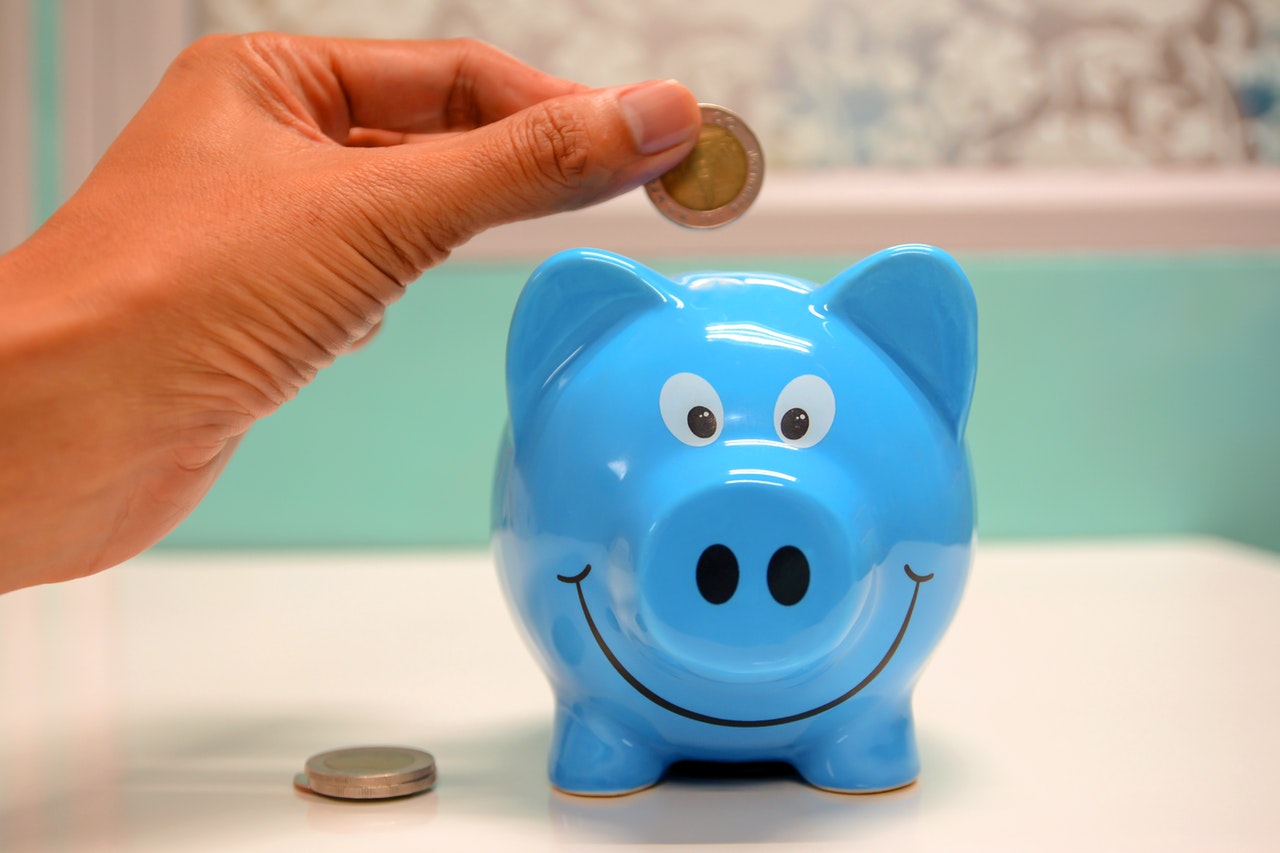The pandemic has taught people how to make the most of what they have. There have been unfortunate instances when people had been laid off during this period. That’s okay if they have money, but most of them have little to no savings. This makes paying bills and rent a problem for many.
On the business side of things, companies are looking for ways to stay afloat. Property capital allowances and various loans might be where they get the payment for different expenditures. Most of them are also looking for ways where they don’t have to lay-off their employees, but not everyone can afford that luxury.
Being laid off is hard; that’s why you should always save for a rainy day. If you’re looking for ways to save money for the pandemic and beyond, consider these tips in making more money for emergencies and other purposes.
Sustainable Investments are Big Right Now
In 2019, sustainable investment started its growth and continued it right into 2020. The U.S. saw an influx of sustainable investments amounting to $10.4 billion during the second quarter of 2020, and that’s during the lockdown. It accounted for an influx of $20.9 billion in sustainable fund investments during the first half of 2020, equal to $21.4 billion for the whole of 2019.
The interest in environmental, social, and governance factors might’ve driven that flow of investments. In fact, index funds have been steadily growing since three years ago, with the amount growing up to $250 billion, according to reports.
Stakeholders are More Active Right Now than Before
The drive towards sustainable investments is bought along by increased stakeholder capitalism or a renewed focus on it. The recent pandemic helped this along because it showed how this kind of investment is more effective than any other model, at least right now.
Stakeholder capitalism is a model that encourages long-term investments rather than gathering your dividends right now. The pandemic had companies looking out more for their employees. That’s why many companies have become prime investment material for many people by highlighting how effective they focus on many stakeholders.

Remove Unnecessary Expenses
Where should you put these investments? Chances are, you should go ahead and save them and keep away from spending anything you don’t need at the moment. That means you should look at how you spend your money — visualize spending them on essential investments and take out all that’s unnecessary.
It’s easier to plot that course during this pandemic. Essentials like food, water, the bills, and other expenses you must pay are important. However, other expenses for luxury — clothes and eating out — aren’t needed, so you should remove that. It’s easy to avoid them, too, since you’re just sheltering in place, anyway.
Pick Which of Your Remaining Expenses are a Priority
A good way of figuring your expenses out is to make a list of them. Figure out which ones are needs you can’t live without during the pandemic. Whether you’re a renter or a landlord, you should also speak with people who need to pay you or whom you need to pay to know your options.
Your food budget should only feature the basics. Treating yourself is good, but only do it if you can; otherwise, avoid it. Food and housing are some things you should focus on right now. All other expenses should be treated as background noise for now.
Consolidate Your Debt to Lessen Payments
If you have any outstanding debts — your credit card balance or anything else — try to pay them if you can. The credit card balance needs to be paid, or else fees may be incurred, and interest might pile up. That’s something you don’t need happening right now.
If you can’t pay it right away, you can ask your credit card company for some relief. Some companies have become open to this, especially since it’s a pandemic. Try going for a balance transfer and pick a card that doesn’t charge you any interest during a short 0% introductory period. It’s one way of keeping away from debt while things are still returning to a new norm.
These are just some things to help you save money during the pandemic. This is an important thing to do; otherwise, you might find yourself in debt and with no money to pay for it. Remember to keep a positive outlook above all else and focus on saving some money you can use for lean times.